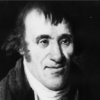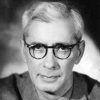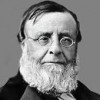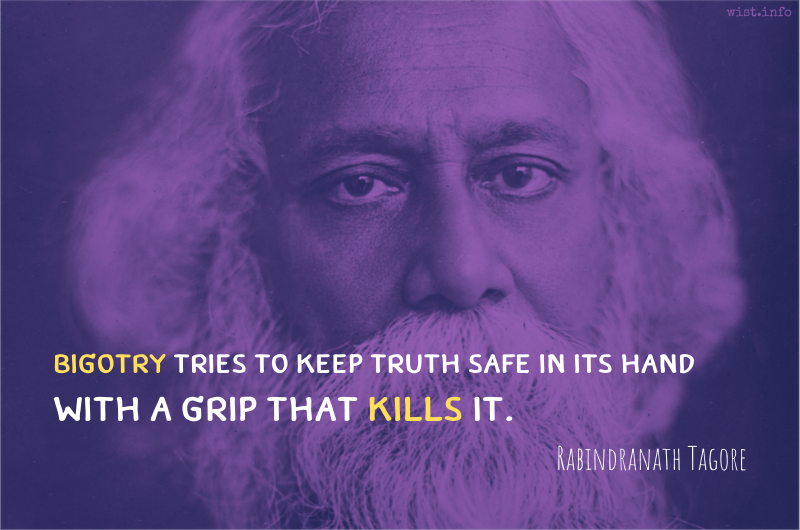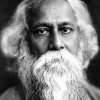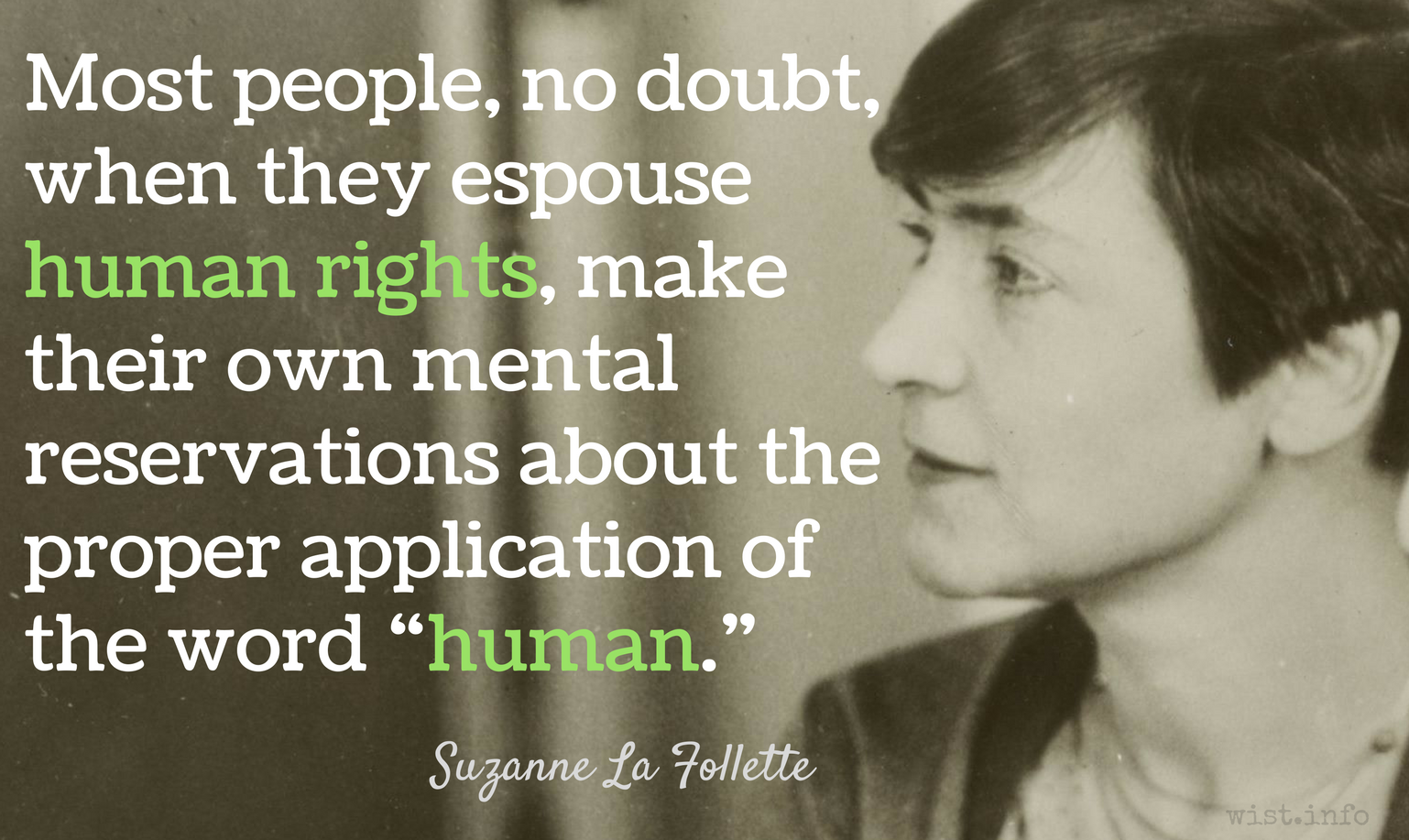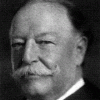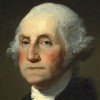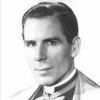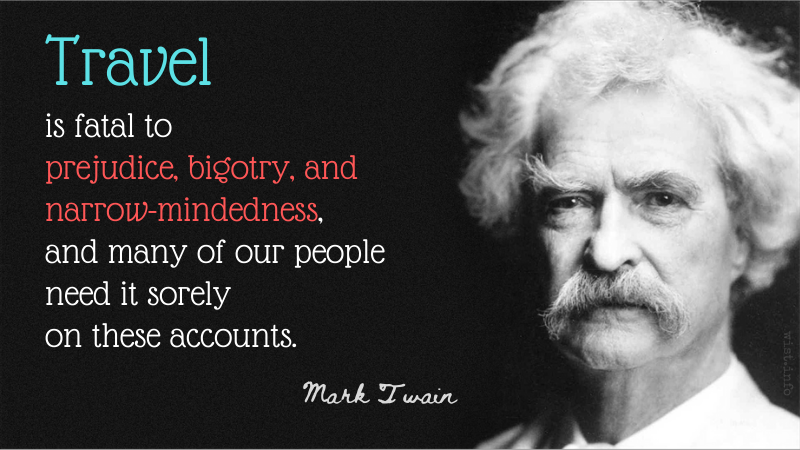The superstition into which we’re born,
Even when we recognize it, loses not
Its power on us! Not all those are free
Who ridicule their chains.[Der Aberglaub’, in dem wir aufgewachsen,
Verliert, auch wenn wir ihn erkennen, darum
Doch seine Macht nicht über uns. — Es sind
Nicht alle frei, die ihrer Ketten spotten.]Gotthold Lessing (1729-1781) German playwright, philosopher, dramaturg, writer
Nathan the Wise [Nathan der Weise], Act 4, sc. 4 [Templar] (1779) [tr. Corbett (1883)]
(Source)
(Source (German)). Alternate translations:
Yet the superstition
in which we have grown up, not therefore loses
when we detect it, all its influence on us.
Not all are free that can bemock their fetters.
[tr. Taylor (1790)]
The superstition in which we grew up,
Does not cease influencing us, e'en after
We have discover'd its absurdity.
Not all are free who do bemock their fetters.
[tr. Reich (1860)]
The superstition in which we were brought up never loses its power over us, even after we understand it.
[Source (1866)]
And yet the superstitions we have learned
From education, do not lose their power
When we have found them out; nor are all free
Whose judgment mocks the galling chains they wear.
[tr. Boylan (1878)]
The superstition in which we have grown up
Does not lose (even if we see through it)
Its power on us, on that account;
All are not free who mock their chains.
[tr. Jacks (1894)]
The superstitions of our early years,
E'en when we know them to be nothing more,
Lose not for that their hold upon our hearts;
Not all are free who ridicule their chains.
[tr. Maxwell (1917)]
The superstition in which we have grown up does not lose its power over us even for the reason that we recognize it as such. Not all are free who mock their chains.
[tr. Reinhardt (1950)]
The superstition in which we grew up,
Though we may recognize it, does not lose
Its power over us -- Not all are free
Who make mock of their chains.
[tr. Morgan (1955)]
Merely because we see the defects of the superstition we grew up in, it doesn't lose its hold upon our souls! Those men who mock their chains are not all free!
[tr. Ade (1972)]
Quotations about:
bigotry
Note not all quotations have been tagged, so Search may find additional quotes on this topic.
I have heard people say we should be strong so that if there is another war we can win it, then show the world the right way to live afterward. This is old stuff, and it is poppycock. Our behavior hardly qualifies us as world leaders. Ours is one of the most conservative governments in the world today, and one of the most bumbling. We have more provincialism and bigotry and superstition and prejudice per square mile than almost any other nation. We like to think of ourselves as a young, progressive country, but, while we do have energy, we have become smug and self-satisfied.
Prejudice in favour of one’s own country, combined with national pride, makes us forget that reason is found in every land, and sound thoughts wherever there are men. We should not like to be thus treated by those whom we call barbarians; and if we ourselves display a certain barbarism, this consists in being panic-stricken at seeing men of another nation reason as we do ourselves.
[La prévention du pays, jointe à l’orgueil de la nation, nous fait oublier que la raison est de tous les climats, et que l’on pense juste partout où il y a des hommes. Nous n’aimerions pas à être traités ainsi de ceux que nous appelons barbares; et s’il y a en nous quelque barbarie, elle consiste à être épouvantés de voir d’autres peuples raisonner comme nous.]
Jean de La Bruyère (1645-1696) French essayist, moralist
The Characters [Les Caractères], ch. 12 “Of Opinions [Des Jugements],” § 22 (12.22) (1688) [tr. Stewart (1970)]
(Source)
(Source (French)). Alternate translations:
Our prepossession in favour of our Country, join'd to the pride of our Nation, makes us forget that Reason belongs to all Climates, and just Thoughts to all places where there are Men. We should not like to be so treated by those we call Barbarians; if amongst us there is any barbarity, it is in being amaz'd at the hearing other People reason like our selves.
[Curll ed. (1713)]
Our Prepossession in the Favour of our Country, joined to a national Pride, makes us forget that Reason is the Growth of all Climates, and that a Justness of Sentiment is not limited to a Part of Europe: It would enrage us to be so treated by those whom we are pleased to call Barbarians; if amongst us there is any Barbarism, 'tis in being amazed at hearing other People reason like ourselves.
[Browne ed. (1752)]
Our prepossession in favour of our native country and our national pride makes us forget that common sense is found in all climates, and correctness of thought wherever there are men. We should not like to be so treated by those we call barbarians; and if some barbarity still exists amongst us, it is in being amazed on hearing natives of other countries reason like ourselves.
[tr. Van Laun (1885)]
DRUMMOND: As long as the prerequisite for that shining paradise is ignorance, bigotry and hate, I say to hell with it.
Nedrick Young (1914-1968) American screenwriter and actor [pseud. Nathan E. Douglas]
Inherit the Wind, film (1960) [with Harold Jacob Smith]
(Source)
The original 1951 play was written by Jerome Lawrence and Robert E. Lee, but does not include this line, delivered in the film by Spencer Tracy. Young and Smith share the screenwriting credits.
There is a breed of lay and social scientist who will forever cling to a concept of “defeating by ignoring.” Hence, when out of the muck of their own neuroses rise these self-proclaimed Fuhrers, there is this well-meaning body who tell us that if we turn both eyes and cheeks, the nutsies will disappear simply by lack of exposure.
My guess is that, in this case, exposure is tantamount to education; and education here, is a most salutary instruction into the mentalities, the motives and the modus operandi of an animal pack that is discounted by the aged maxim that “it can’t happen here.” So might have said the Goethes and the Einsteins of a pre-war Germany, who thought then, as we do now, that civilization by itself protects against a public acceptance of the uncivilized.
What is desperately needed to combat any ism is precisely what “Playboy” has given us — an interview in-depth that shows us the facets of the enemy. Yes, gentlemen, you may be knocked for supposedly lending some kind of credence to a brand of lunacy. But my guess is that you should be given a commendation for a public service of infinite value.
Rod Serling (1924-1975) American screenwriter, playwright, television producer, narrator
Letter to Playboy Magazine (Jun 1966)
(Source)
Addressing criticism of the magazine for running in April 1966 an Alex Haley interview of American Nazi Party founder George Lincoln Rockwell. Quoted in Anne Serling, As I Knew Him: My Dad, Rod Serling (2013).
To suppose that God Almighty has confined his goodness to this world, to the exclusion of all others, is much similar to the idle fancies of some individuals in this world, that they, and those of their communion or faith, are the favorites of heaven exclusively; but these are narrow and bigoted conceptions, which are degrading to a rational nature, and utterly unworthy of God, of whom we should form the most exalted ideas.
Ethan Allen (1738-1789) American businessman, land speculator, revolutionary, writer
Reason, the Only Oracle of Man, ch. 2 sec. 7 (1782)
(Source)
The church has stood, a rock colossus of bigotry, in the path of ten thousand proposed reforms. Sane efforts to legalize birth control information, the manufacture of proper birth control appliances, appliances for the inhibition of the spread of venereal disease, public instruction in sex hygiene, free clinics for the treatment of venereal disease, the inspection and treatment of prostitutes, controlled prostitution itself, the publication of psychological and physical sex information, aid for unwed mothers –myriad attempts by sane men acting sanely on real problems -— have been fought down by church-frightened legislatures and church-dominated courts.
Bigotry and science can have no communication with each other, for science begins where bigotry and absolute certainty end. The scientist believes in proof without certainty, the bigot in certainty without proof. Let us never forget that tyranny most often springs from a fanatical faith in the absoluteness of one’s beliefs.
Ashley Montagu (1905-1999) British-American anthropologist and humanist [b. Israel Ehrenberg, a/k/a Montague Francis Ashley-Montagu]
Science and Creationism, Introduction (1984)
The second sentence is frequently (mis)quoted:
- "Science has proof without any certainty. Creationists have certainty without any proof."
- "Religion gives us certainty without proof; science gives us proof without certainty."
Being a star has made it possible for me to get insulted in places where the average Negro could never hope to go and get insulted.
Sammy Davis, Jr. (1925-1990) American singer, dancer, actor, comedian
Yes I Can, Part 3, ch. 3 (1965)
(Source)
I know a good many people, I think, who are bigots, and who know they are bigots, and are sorry for it, but they dare not be anything else.
Ignorance iz the wet nuss of prejudice.
[Ignorance is the wet nurse of prejudice.]
Josh Billings (1818-1885) American humorist, aphorist [pseud. of Henry Wheeler Shaw]
Everybody’s Friend, Or; Josh Billing’s Encyclopedia and Proverbial Philosophy of Wit and Humor, ch. 130 “Affurisms: Puddin & Milk” (1874)
(Source)
Everybody has something about which they are proud to be broad-minded but they also have other things about which you would be wasting your breath if you tried to convince them that they were a bigot.
Ogden Nash (1902-1971) American poet
“Seeing Eye to Eye is Believing,” Good Intentions (1942)
(Source)
Bigotry tries to keep truth safe in its hand
With a grip that kills it.Rabindranath Tagore (1861-1941) Indian Bengali poet, philosopher [a.k.a. Rabi Thakur, Kabiguru]
Fireflies (1928)
(Source)
And I have no desire to get ugly,
But I cannot help mentioning that the door of a bigoted mind opens outwards so that the only result of the pressure of facts upon it is to close it more snugly.
Ogden Nash (1902-1971) American poet
“Seeing Eye to Eye is Believing,” Good Intentions (1942)
(Source)
Bigotry is the disease of ignorance, of morbid minds.
Thomas Jefferson (1743-1826) American political philosopher, polymath, statesman, US President (1801-09)
Letter to John Adams (1 Aug 1816)
(Source)
Be it observed, that the most superstitious times have always been those of the most horrible crimes.
Voltaire (1694-1778) French writer [pseud. of Francois-Marie Arouet]
“Superstition,” sec. 4, Philosophical Dictionary (1764) [tr. Besterman (1971)]
(Source)
Most people, no doubt, when they espouse human rights, make their own mental reservations about the proper application of the word “human.”
Suzanne La Follette (1893-1983) American journalist, author, feminist
Concerning Women, “The Beginnings of Emancipation” (1926)
(Source)
There is nothing so despicable as a secret society that is based upon religious prejudice and that will attempt to defeat a man because of his religious beliefs. Such a society is like a cockroach — it thrives in the dark. So do those who combine for such an end.
We have abundant reason to rejoice, that, in this land, the light of truth and reason has triumphed over the power of bigotry and superstition, and that every person may here worship God according to the dictates of his own heart. In this enlightened age, & in this land of equal liberty, it is our boast, that a man’s religious tenets will not forfeit the protection of the laws, nor deprive him of the right of attaining & holding the highest offices that are known in the United States.
George Washington (1732-1799) American military leader, Founding Father, US President (1789-1797)
Letter to the New Church (22 Jan 1793)
(Source)
The doctrine which, from the very first origin of religious dissensions, has been held by bigots of all sects, when condensed into a few words and stripped of rhetorical disguise, is simply this: — I am in the right, and you are in the wrong. When you are the stronger, you ought to tolerate me, for it is your duty to tolerate truth; but when I am the stronger, I shall persecute you, for it is my duty to persecute error.
Thomas Babington Macaulay (1800-1859) English writer and politician
“Sir James Mackintosh’s History of the Revolution,” Edinburgh Review (Jul 1835)
(Source)
Review of James Mackintosh, History of the Revolution in England, in 1638 (1834).
America’s greatest enemy is not from without, but from within, and that enemy is hate: hatred of races, peoples, classes and religions. If America ever dies, it will be not through conquest but suicide.
Perhaps travel cannot prevent bigotry, but by demonstrating that all peoples cry, laugh, eat, worry, and die, it can introduce the idea that if we try and understand each other, we may even become friends.
Maya Angelou (1928-2014) American poet, memoirist, activist [b. Marguerite Ann Johnson]
Wouldn’t Take Nothing for My Journey Now, ch. 2 “Passports to Understanding” (1993)
(Source)
I made a comparison at table some time since, which has often been quoted, and received many compliments. It was that of the mind of a bigot to the pupil of the eye; the more light you pour on it, the more it contracts.
Oliver Wendell Holmes, Sr. (1809-1894) American poet, essayist, scholar
“The Autocrat of the Breakfast Table,” Atlantic Monthly (1858-04)
(Source)
Often trimmed/paraphrased to "The mind of a bigot is like the pupil of the eye; the more light you pour upon it, the more it will contract." Frequently misattributed to his son, Oliver Wendell Holmes, Jr.
The Autocrat himself correctly comments that a similar phrase appears in Thomas Moore, Preface to the poems "Corruption" and "Intolerance":
The minds of some of our statesmen, like the pupil of the human eye, contract themselves the more the stronger light there is shed upon them.
The Autocrat goes on to note, "When a person of fair character for literary honesty uses an image such as another has employed before him, the presumption is, that he has struck upon it independently, or unconsciously recalled it, supposing it his own."
Collected in The Autocrat of the Breakfast Table, ch. 6 (1858)
Travel is fatal to prejudice, bigotry, and narrow-mindedness, and many of our people need it sorely on these accounts. Broad, wholesome, charitable views of men and things can not be acquired by vegetating in one little corner of the earth all one’s lifetime.
Mark Twain (1835-1910) American writer [pseud. of Samuel Clemens]
The Innocents Abroad, “Conclusion” (1869)
(Source)






